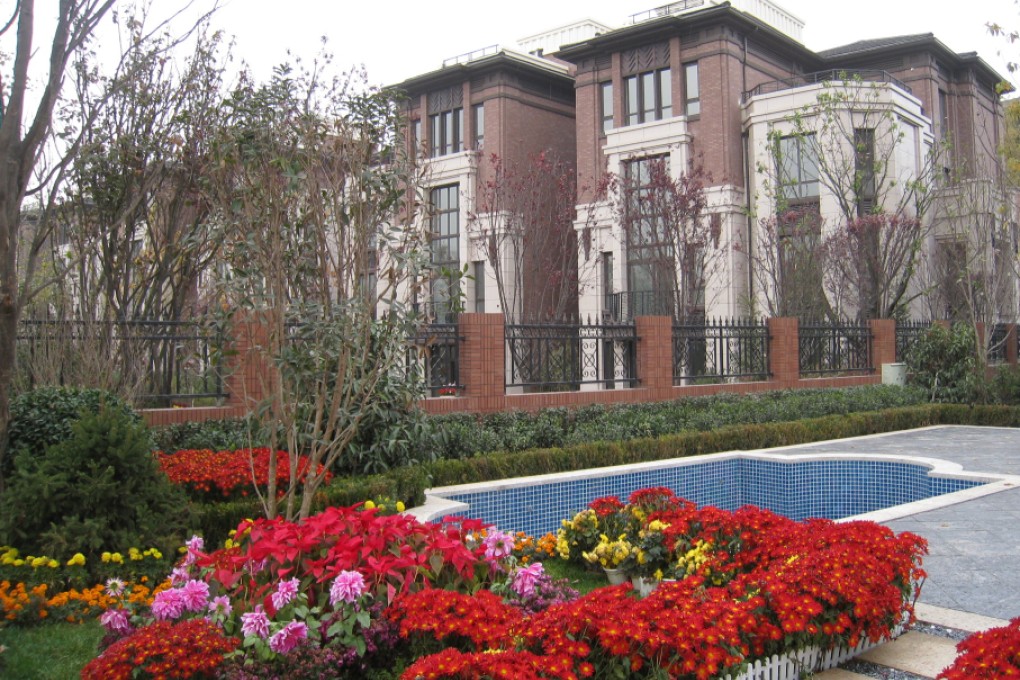Developers’ caution in buying land could threaten local government finances
Developers exercise extra caution as costs rise, dampening local government revenue hopes

"Caution" is a word commonly used by mainland developers when talking about their land acquisition plans this year.
That bodes ill for some local governments that are under pressure to refinance.
Sentiment has soured quickly in the mainland's property market this year, pushing developers to play safe and make speeding up turnover a priority.
"Volatility and polarisation have become industry themes now," Longfor Properties chairman and founder Wu Yajun said at an earnings news conference last month. "We will exercise extra caution when buying land in the future, as it is critical to buy the right land in the right city."
Destocking and cost control have become the key words this year. This is the strategy not only for Longfor but also many other mainland developers.
The whole industry is now suffering from lower profitability, as the cost of land and construction has soared much faster than property selling prices.